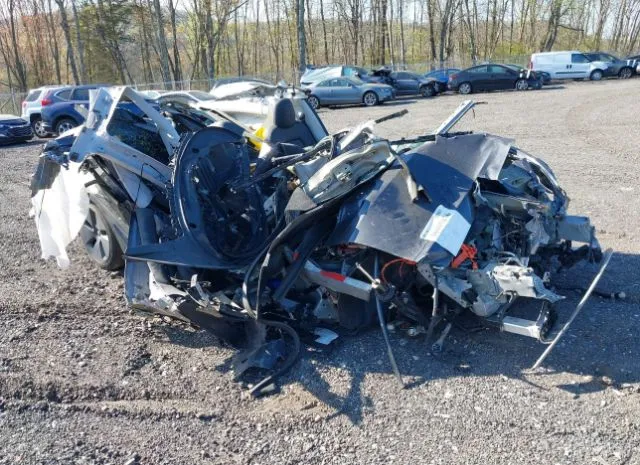A recent analysis conducted by the National Highway Traffic Safety Administration (NHTSA) revealed a concerning “critical safety gap” within Tesla’s Autopilot system, contributing to 467 collisions, including 13 fatalities and numerous serious injuries. The investigation, spanning nearly three years, examined 956 crashes where Autopilot was purportedly engaged.
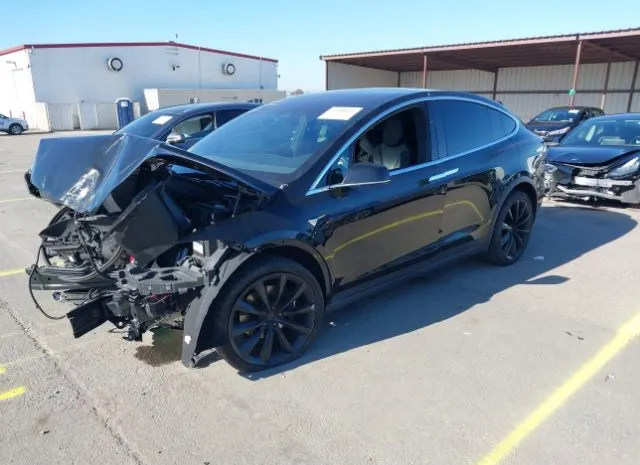
The NHTSA’s findings highlighted deficiencies in Autopilot’s design, citing a lack of sufficient measures to ensure driver attention and appropriate use. Specifically, the system’s weak driver engagement system allowed Autopilot to remain active even when drivers failed to maintain proper focus on the road.
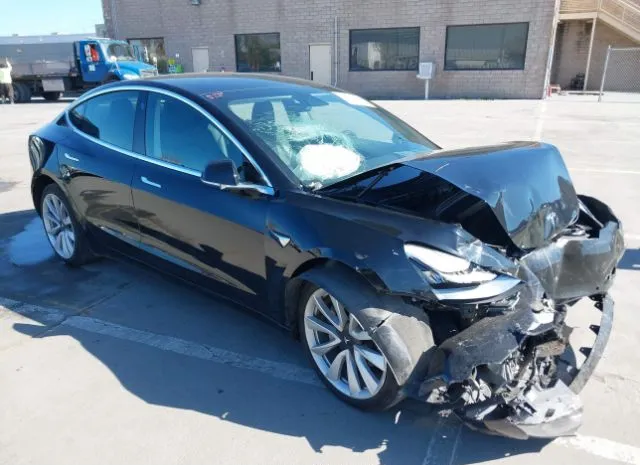
Despite a voluntary recall and software update issued by Tesla in December, aimed at rectifying Autopilot defects identified by the NHTSA, the agency expressed doubt regarding the update’s efficacy, as evidenced by ongoing reports of Autopilot-related crashes.
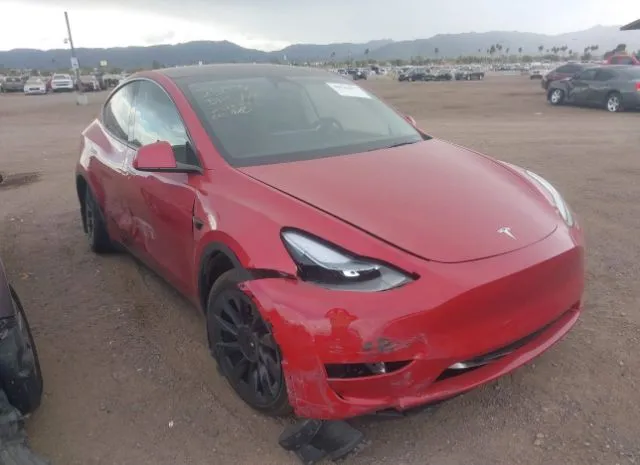
An ongoing investigation has been launched by the NHTSA to assess the effectiveness of Tesla’s software update. This follows a recent collision in Snohomish County, Washington, where a Tesla driver, reportedly using Autopilot, struck and killed a motorcyclist.
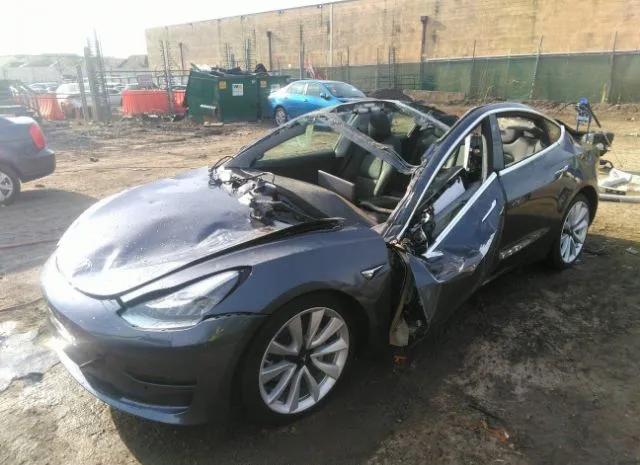
The NHTSA’s findings add to a growing body of regulatory scrutiny surrounding Tesla’s Autopilot technology, which the company touts as a distinguishing feature. Despite these concerns, Tesla has yet to issue a response to the NHTSA report.
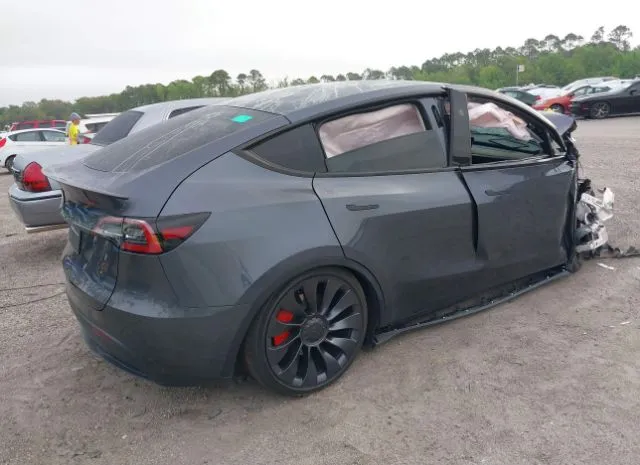
In response to the report, Senators Edward J. Markey and Richard Blumenthal urged federal regulators to compel Tesla to limit Autopilot’s functionality to appropriate road conditions.
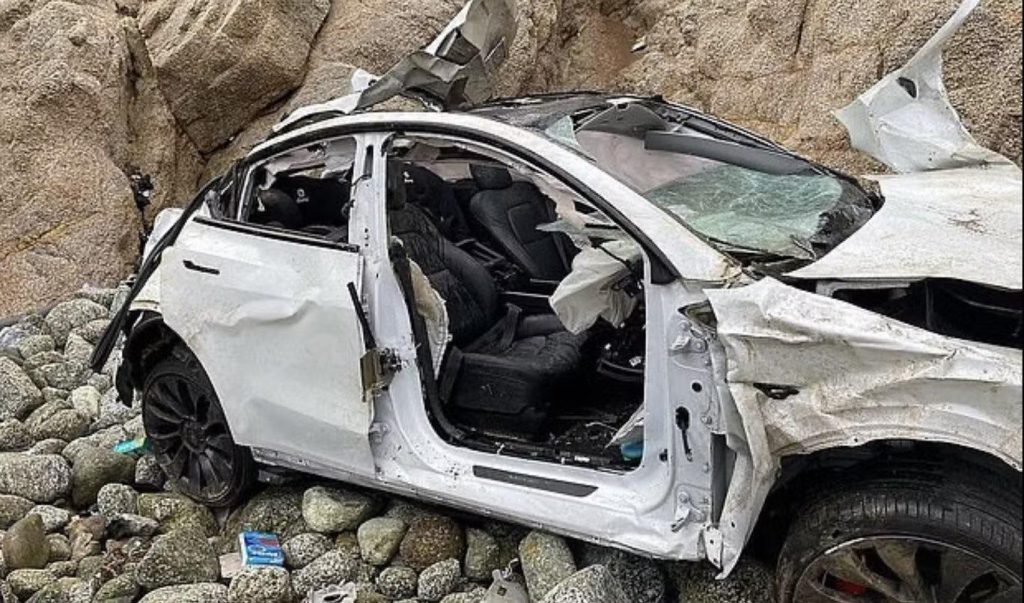
Tesla’s warnings to drivers regarding Autopilot usage, including avoiding areas with pedestrians or bicyclists, underscore the gravity of the safety concerns.
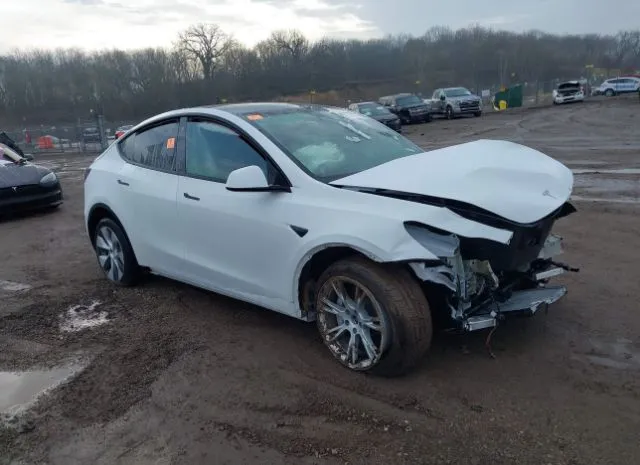
Notably, Tesla recently settled a lawsuit stemming from a fatal crash involving Autopilot features, further highlighting the stakes involved.
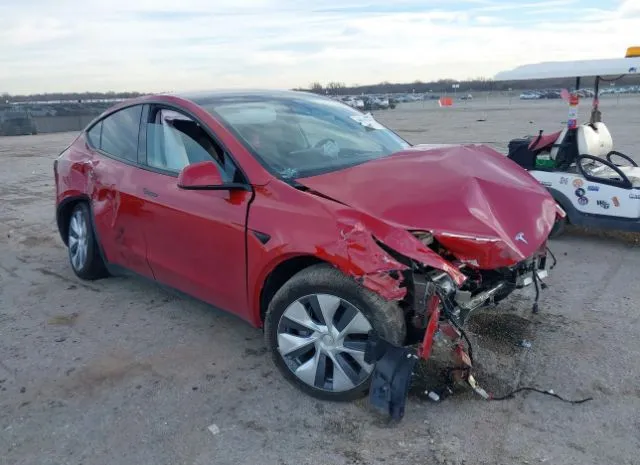
CEO Elon Musk, however, remains steadfast in his commitment to autonomous driving technology, asserting that Tesla will solve autonomy-related challenges.
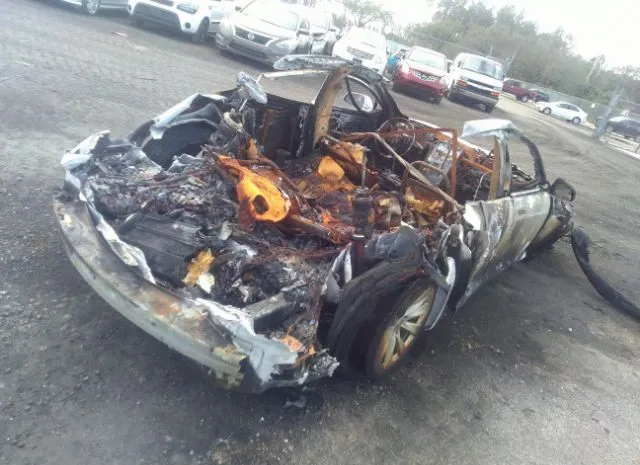
Critics, including automotive safety researcher Philip Koopman, have raised questions about Tesla’s marketing claims and safety assurances.
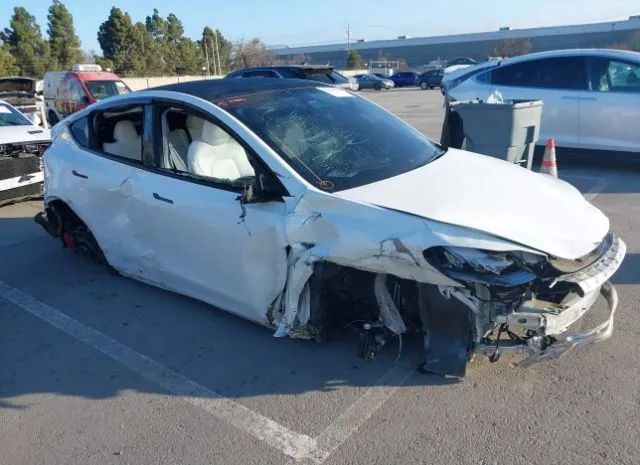
Koopman advocates for stricter safety measures and increased transparency from Tesla to address the risks associated with Autopilot misuse.

